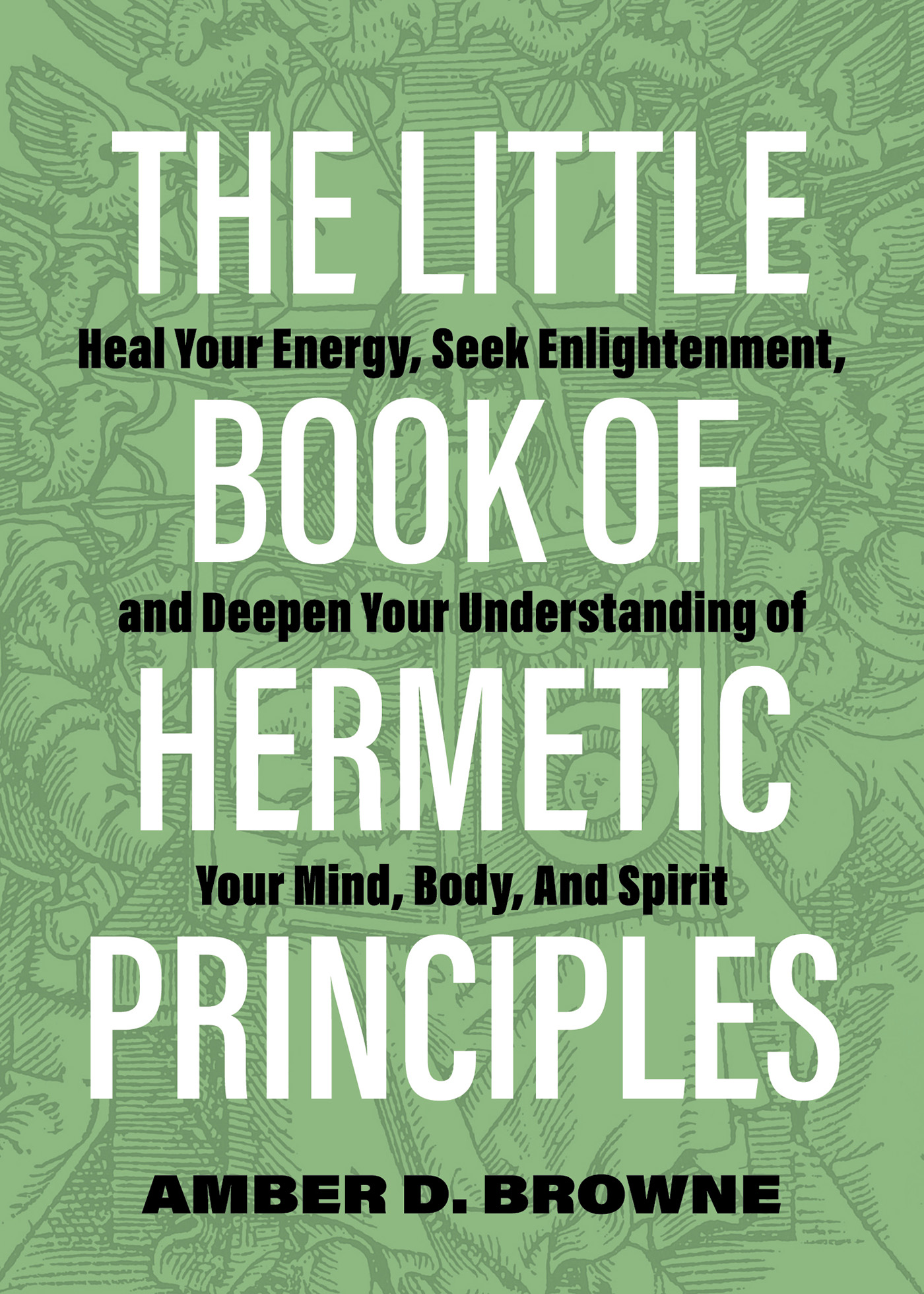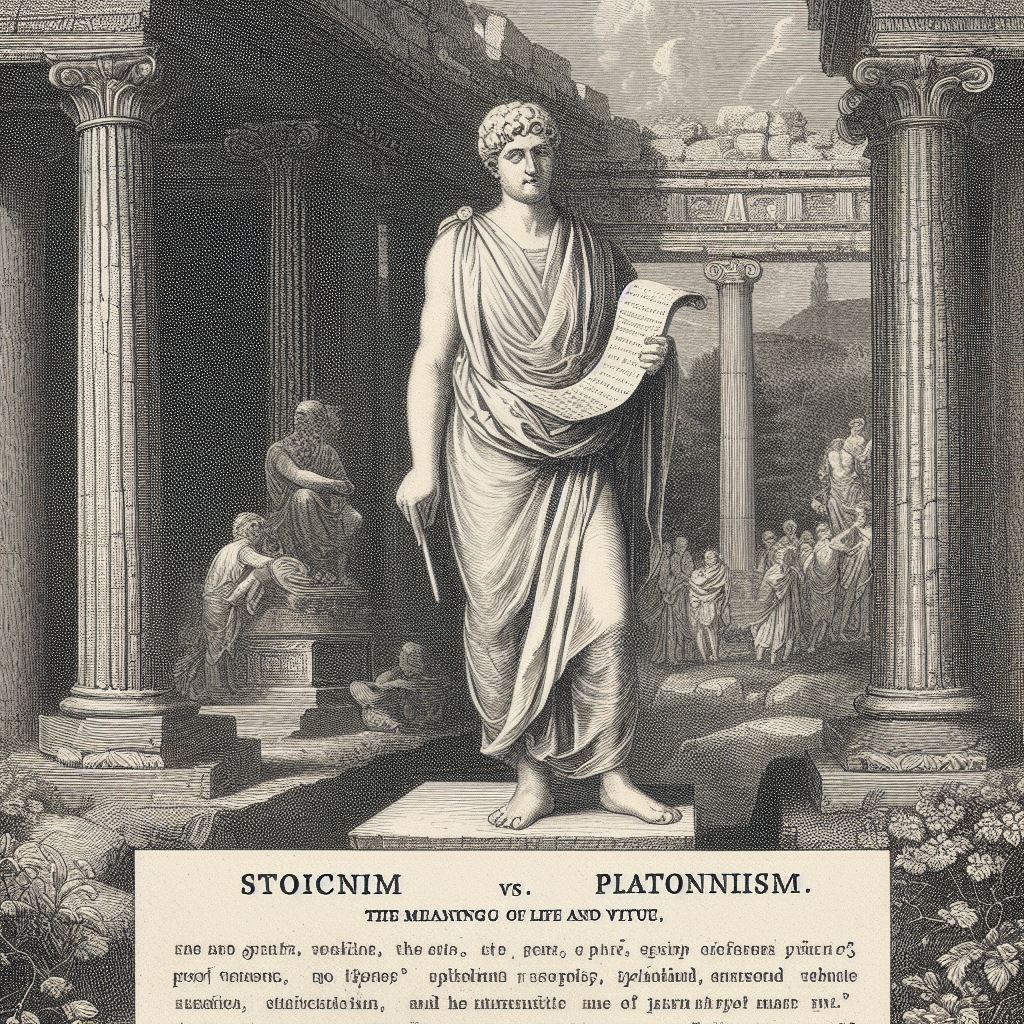In the realm of philosophical thought, Stoicism and Platonism stand as two prominent schools of thinking that have shaped Western philosophy for centuries. While both philosophies seek to attain a deeper understanding of fundamental human inquiries, such as the nature of reality and the quest for ethical living, they diverge in their approaches and core tenets. This article aims to unravel the key distinctions between Stoicism and Platonism, shedding light on their respective origins, core principles, and implications for our understanding of the world and ourselves. By exploring these philosophical traditions, we can gain profound insights into the complexities of human existence and the paths to achieving a virtuous life.
The Foundational Principles: Examining the Core Tenets of Stoicism and Platonism
Stoicism and Platonism are two prominent philosophical schools that have greatly influenced Western thought. Both share common foundational principles that form the basis of their respective philosophies. Stoicism, developed by Zeno of Citium, emphasizes the importance of virtue and the need to live in harmony with nature. Platonism, on the other hand, focuses on the search for ultimate truth and the existence of a higher realm of Forms.
Ethical Outlook: Contrasting the Moral Philosophies of Stoicism and Platonism
When it comes to ethics, Stoicism places strong emphasis on individual responsibility and self-control. For Stoics, virtue is the highest good, and one should strive to live a virtuous life regardless of external circumstances. Platonism, on the other hand, sees the pursuit of knowledge as the key to leading a moral and just life. Plato believed that by aligning oneself with the ultimate truth, one can find the path to ethical living.
Metaphysics and Epistemology: Distinguishing the Views on Reality and Knowledge in Stoicism and Platonism
Stoicism and Platonism have different perspectives on reality and knowledge. Stoicism asserts that the universe is governed by a rational and divine force called “Logos,” and all things are interconnected. Knowledge, according to Stoics, can be acquired through reason and the study of nature. Platonism, on the other hand, posits that reality is a reflection of the eternal Forms. Plato believed that true knowledge can only be obtained through intellectual contemplation and reminiscence of these Forms.
Practical Applications: Understanding how Stoicism and Platonism Influence Daily Life and Decision Making
Stoicism and Platonism have practical applications that can greatly impact daily life. Stoicism teaches individuals to control their emotions and not be swayed by external events, leading to a more resilient and contented mindset. Platonism encourages individuals to constantly seek knowledge and truth, guiding decision-making and actions with a focus on the greater good. Both philosophies emphasize the importance of self-reflection and the cultivation of virtue to lead a purposeful and fulfilling life.
Legacy and Influence: Tracing the Impact of Stoicism and Platonism on Philosophy and Western Thought
The legacies of Stoicism and Platonism have significantly shaped philosophy and Western thought. Stoicism had a profound impact on the development of Roman philosophy, influencing figures like Seneca and Marcus Aurelius. It also inspired ethical systems in various cultures and continues to resonate today with its emphasis on resilience, acceptance, and virtue. Platonism, with its focus on metaphysics and the pursuit of truth, has had a lasting influence on philosophy, particularly within Christian and Neoplatonic traditions. Its concept of Forms continues to be examined and debated in modern philosophical discourse.
Stoicism and Platonism
Origins and Influences
- Stoicism: Stoicism was founded by Zeno of Citium in Athens in the early 3rd century BCE. It was heavily influenced by earlier Greek philosophers like Heraclitus and Socrates.
- Platonism: Platonism, on the other hand, was developed by the ancient Greek philosopher Plato during the 4th century BCE. Plato was a student of Socrates and heavily influenced by his ideas.
Epistemology (Theory of Knowledge)
- Stoicism: Stoicism emphasizes the concept of knowledge derived from personal experience and logic. Stoics believe in the importance of developing wisdom through reason and rational thinking.
- Platonism: Platonism, on the other hand, focuses on the theory of knowledge based on abstract concepts and ideas. Plato argues that knowledge is innate and can be recollected through rational thought and contemplation.
Metaphysics (Nature of Reality)
- Stoicism: Stoics believe in the concept of determinism, which means that everything in the universe is predetermined and governed by fate or a divine plan. They advocate for accepting and living in accordance with one’s destiny.
- Platonism: Platonists propose the existence of a separate realm of abstract ideas or forms that represent the true nature of reality. They argue that the physical world is merely a reflection or imitation of these abstract forms.
Ethics and Virtue
- Stoicism: Stoics emphasize the cultivation of personal virtue and the pursuit of moral excellence. They believe in living in harmony with nature and the importance of practicing virtues such as courage, wisdom, and justice.
- Platonism: Platonists also advocate for the pursuit of virtue, but they connect it to an individual’s understanding of the world of forms. Virtue, according to Plato, is attained through knowledge of the true forms and aligning oneself with them.
Attitude towards Emotions
- Stoicism: Stoics advocate for the suppression of destructive emotions and emphasize the importance of equanimity and maintaining inner tranquility. They believe that emotions should be subject to reason and not overwhelm one’s rational judgment.
- Platonism: Platonists, while acknowledging the importance of reason, also recognize the significance of emotions in human life. They argue that emotions can reveal truths about the higher realm of forms and have a place in philosophical contemplation.
It is important to note that both Stoicism and Platonism have had a significant impact on Western philosophy. While they differ on fundamental aspects, they share a common goal of guiding individuals towards moral and intellectual excellence.

Conclusion:
In conclusion, the distinctions between Stoicism and Platonism are evident in their philosophical teachings and goals. Stoicism emphasizes living in accordance with nature, maintaining inner peace, and accepting the things that are not within our control. On the other hand, Platonism centers around the pursuit of knowledge and understanding the eternal forms that exist beyond the physical world. While both philosophies aim to guide individuals towards a fulfilling life, they differ in their approach and methodology. Stoicism encourages a practical and pragmatic way of life, while Platonism dives into the realm of metaphysics and idealism. Ultimately, the choice between Stoicism and Platonism depends on an individual’s personal values and beliefs. Regardless of the path chosen, both schools of thought offer valuable insights and perspectives on how to navigate the complexities of life.
